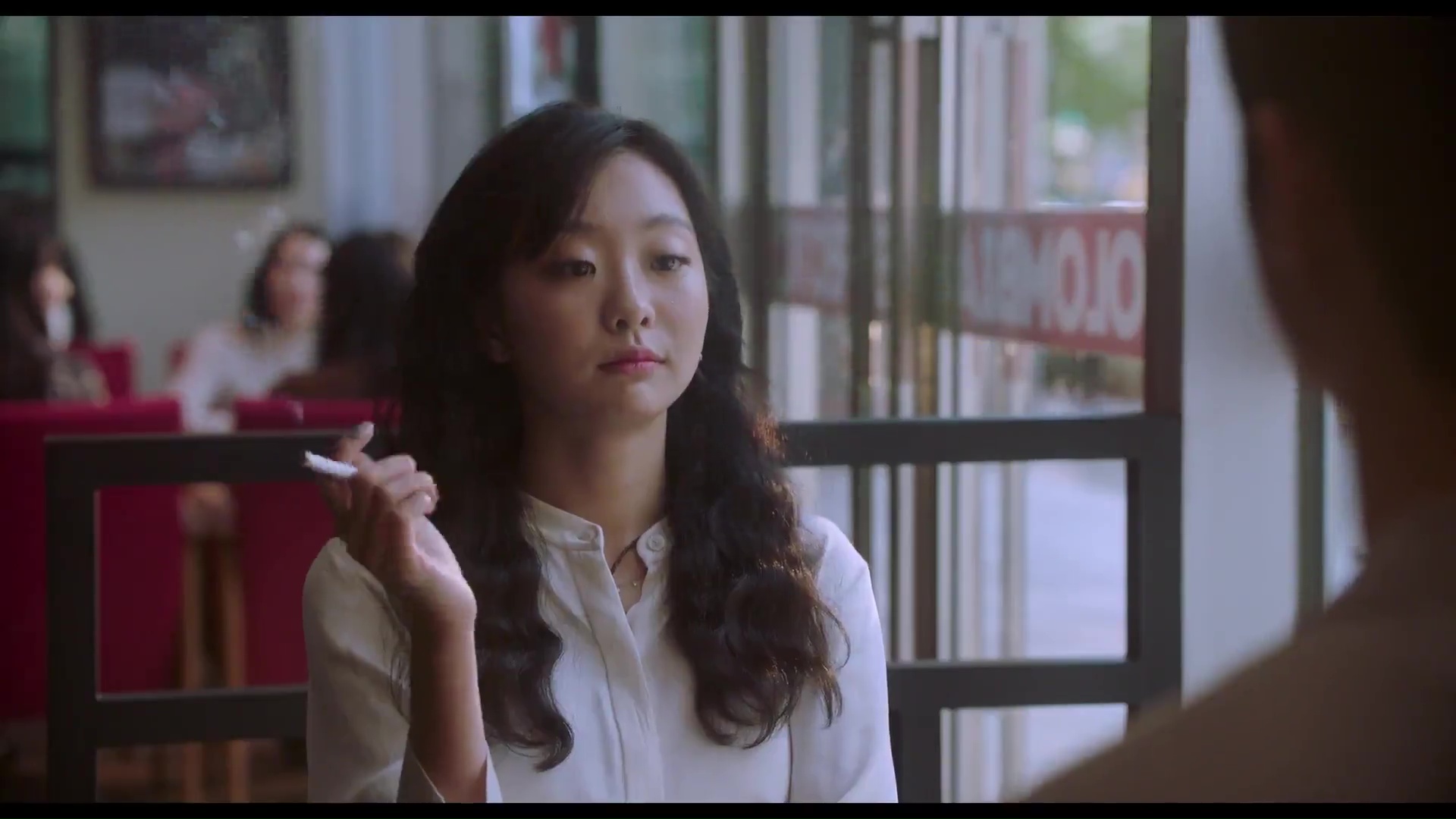Since we started the K-Movie Night series last year, I’ve been thinking a lot about Korean movies — and especially what differentiates them from dramas. Even though the actors overlap, the movie industry is really distinct from the drama industry. Not only are all the taboos of dramaland front and center on our screens in movies, but all those adorable actors and actresses with coy smiles on their faces in dramas are suddenly swearing, smoking, or sweating it out in bed on the big screen. For someone who started in dramaland and crossed over to films, it was a bit of a shock in the beginning.
And yet, even though I love drama tropes to death, one thing I love about films is their capacity to show the ins and outs of a culture. In movies, the social problems of Korean society aren’t always solved by love, fate, or convenient coincidences at the end of the story. It can be dark (I mean, K-movies can be very dark), but every once in a while I want that dose of reality (even as I’m jumping back to dramas for escapism).
Plus, with the recent uptick in female film directors, movies are tending toward a wider spectrum of women’s stories, told from a variety of perspectives. In fact, women writer/directors have become one of my leading reasons to be on the lookout for new K-movies. (Some of my favorites are: Very Ordinary Couple written and directed by Roh Deok, Microhabitat written and directed by Jeon Go-woon, and 20th Century Girl written and directed by Bang Woo-ri.)
While I’ll never give up my preference for dramas, K-movies definitely provide a broader view of Korean culture. And it’s not so bad to see the boys we love from the small screen kissing and cussing every once in a while, is it?
What do you think about K-movies in relation to K-dramas? Any favorite crossover actors or actresses? What about writers or directors?
